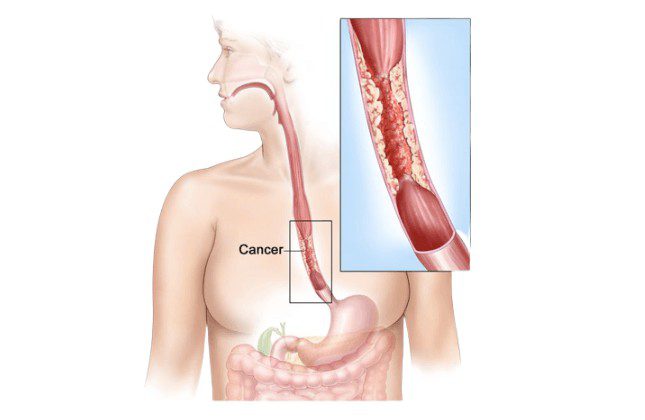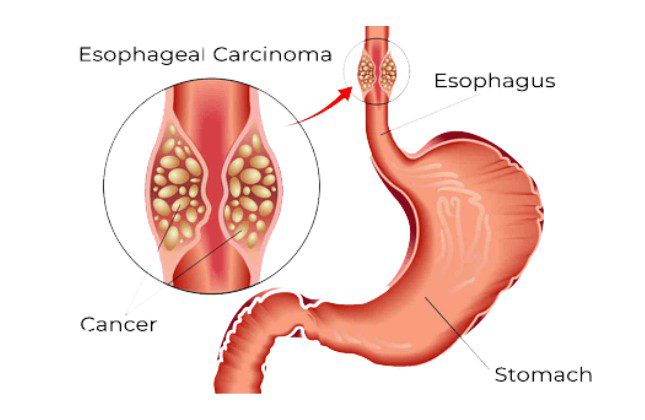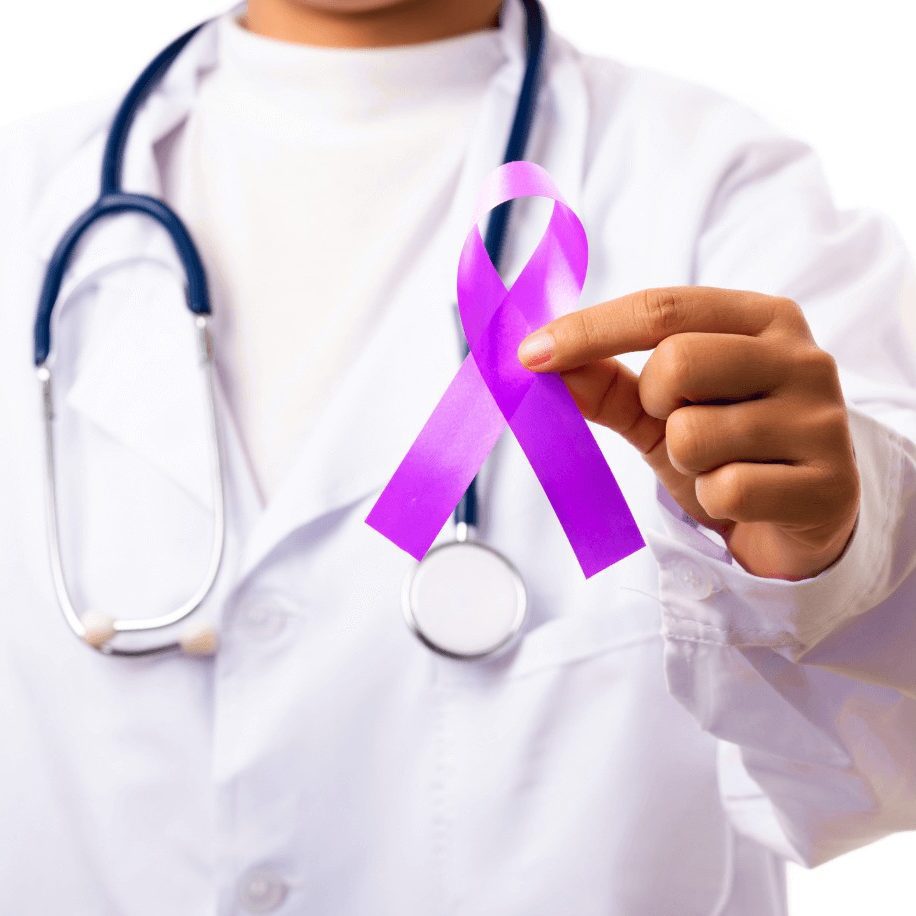Stomach Cancer



If you have signs of stomach cancer, your doctor will recommend that you have an endoscopy or esophagogram first, which can be done on an outpatient basis with light sedation. Once it has been diagnosed, a few different treatments may be available depending on what stage the cancer is in. Surgery can take place if the tumor is small and localized, while chemotherapy may be recommended if there are other nearby tumors or large-scale cancer cells detected by an MRI scan. Radiation therapy might be offered as well.
Types of cancer

Breast Cancer
Approximately 85% of breast cancers develop in women with no family history of the disease.

Lung Cancer
Most lung cancer statistics include small cell lung cancer (SCLC) and non-small cell lung cancer (NSCLC).

Prostrate Cancer
Prostate cancer is a disease in which cells in the prostate gland mutate and divide uncontrollably.

Stomach cancer
Stomach cancer, also known as esophageal cancer, It is the eighth most frequent cancer in the world

Skin Cancer
it’s estimated that 90% of all skin cancer can be treated successfully.

Cervical cancer
Cervical cancer most commonly strikes women between the ages of 35 and 44, worldwide,
